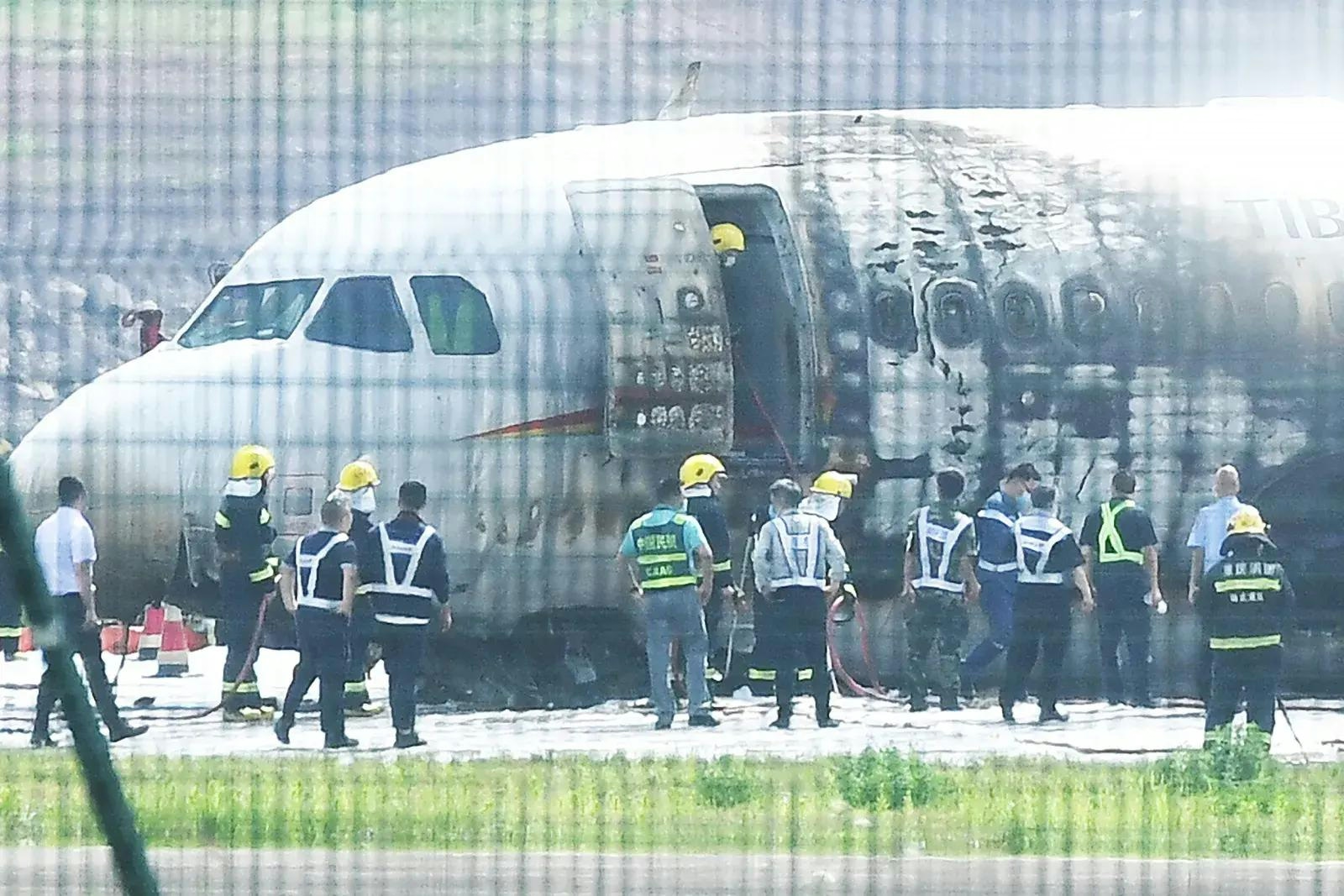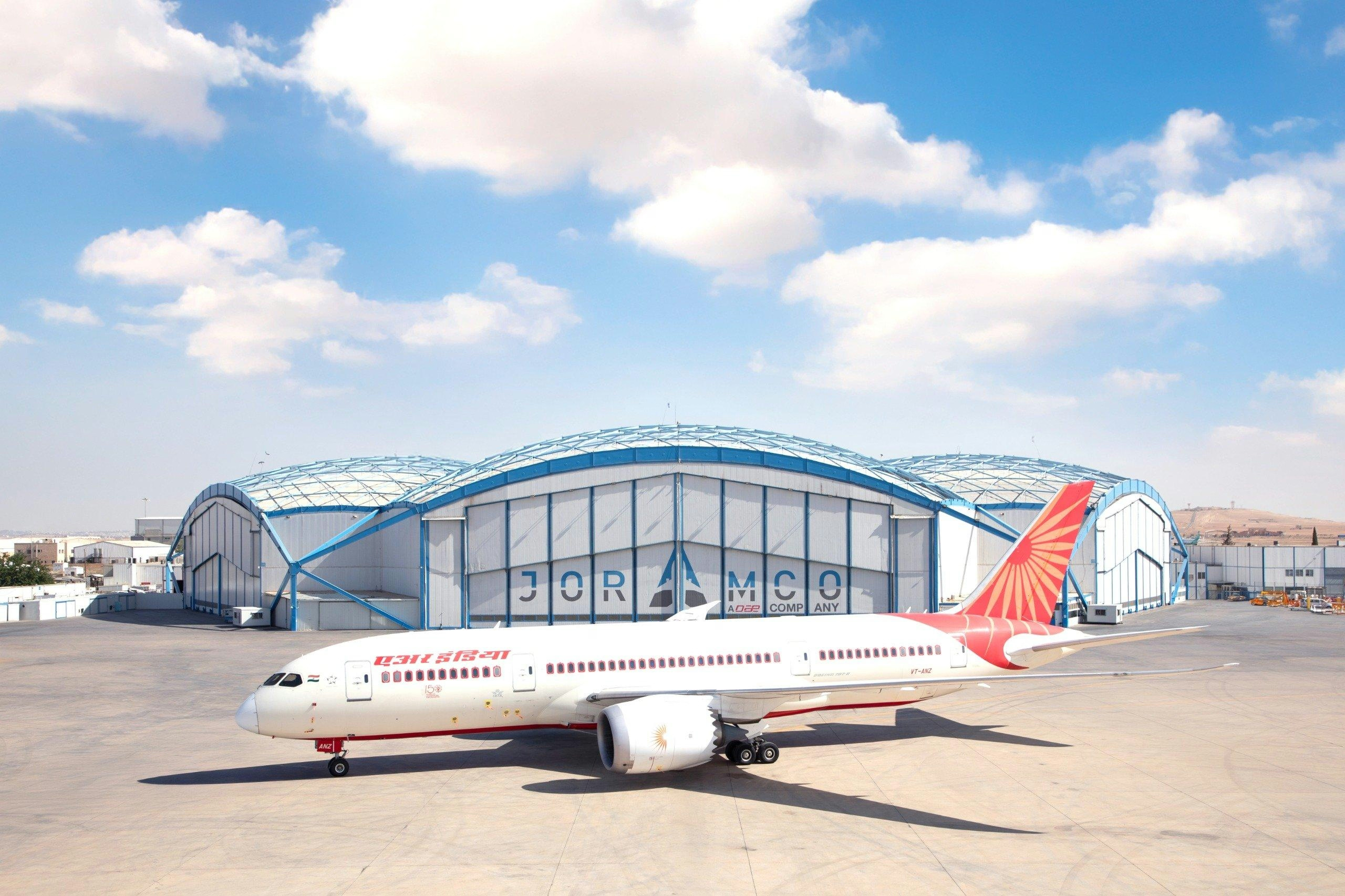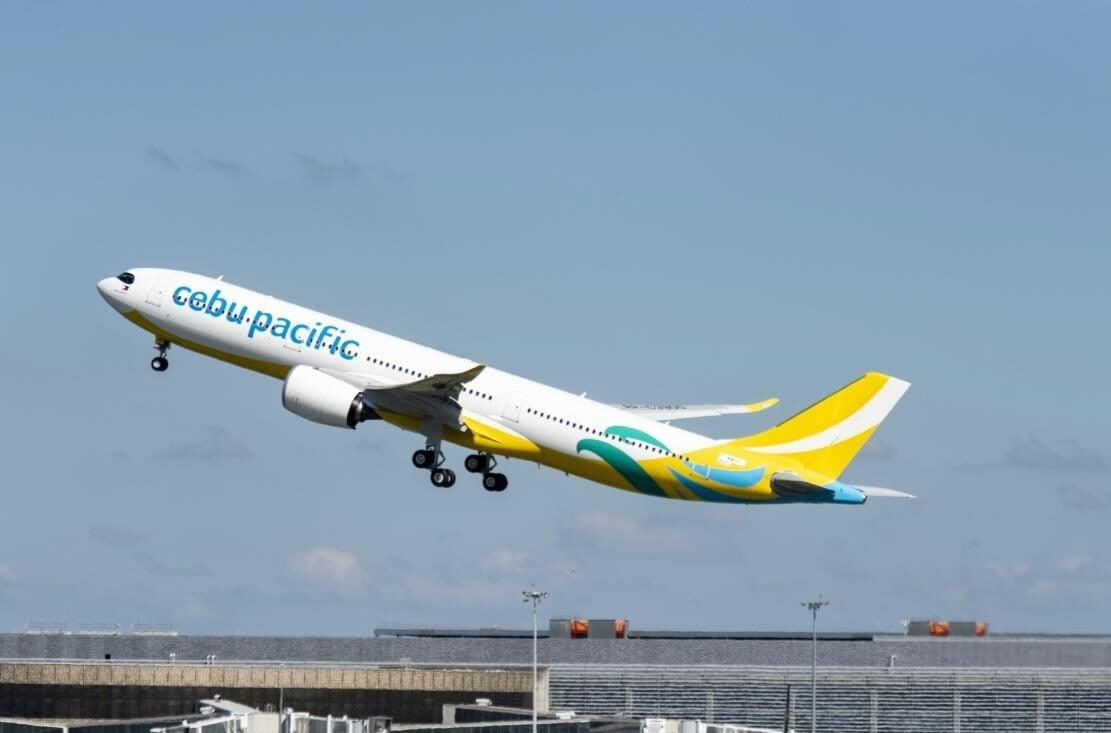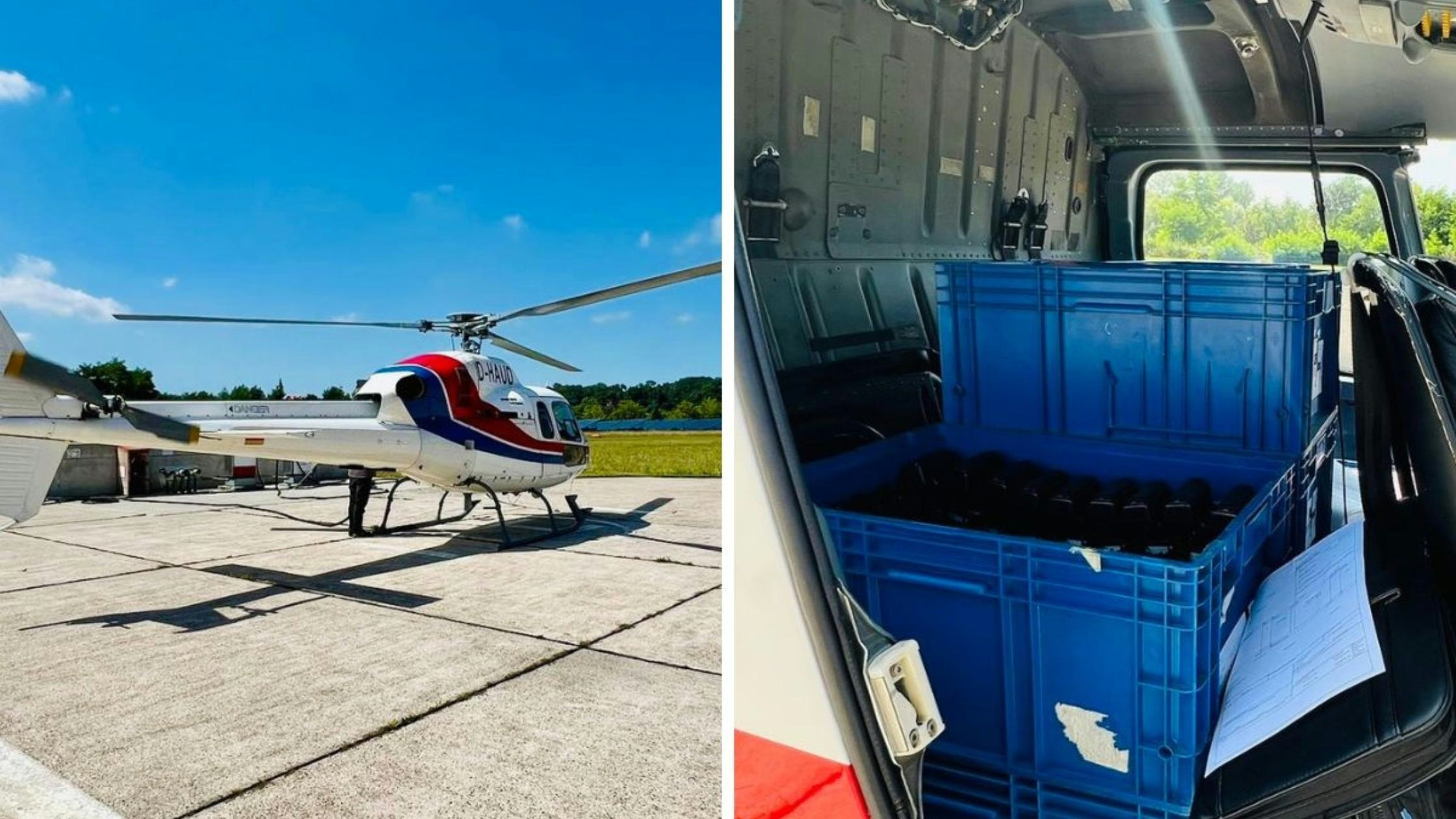
Умная почта, быстрый бизнес. Автоматически помечайте, анализируйте и отвечайте на запросы, котировки, заказы и многое другое — мгновенно.
В тренде
Categories
Passenger Jet Aborts Takeoff as Engine Spews Flames on the Runway

Passenger Jet Aborts Takeoff After Engine Fire at Boston Logan Airport
A Swiss International Air Lines flight destined for Zurich was compelled to abort its takeoff at Boston Logan International Airport on Tuesday evening after one of its engines erupted in flames. The incident involved Swiss Air Lines Flight LX55, an Airbus A330-300, which was preparing to depart when a sudden burst of orange flames and smoke was observed emanating from the aircraft’s right engine while taxiing on the runway.
Immediate Response and Passenger Experience
The Federal Aviation Administration (FAA) reported that the flight crew halted the takeoff at approximately 6:25 p.m. local time due to the engine malfunction. The aircraft was able to taxi off the runway under its own power, and no injuries were reported among the passengers or crew. As a precautionary measure, the FAA temporarily suspended some arrivals at Logan Airport and has initiated an investigation into the cause of the engine failure.
Passengers aboard the flight described a startling experience inside the cabin. One traveler recounted hearing a loud boom followed by a significant jolt as the plane abruptly moved forward. Swiss Air Lines issued a statement expressing regret over the disruption and confirmed that investigations into the precise nature of the engine problem are ongoing. The airline emphasized that passenger safety remains its highest priority.
Industry Implications and Regulatory Scrutiny
This incident occurs amid increased scrutiny of engine safety within the aviation sector. Regulatory authorities are expected to conduct a thorough review of the event, which may intensify pressure on airlines and engine manufacturers to strengthen safety protocols. Such occurrences often have immediate financial consequences, including potential declines in the stock prices of the airline and engine manufacturer involved, as well as possible rises in insurance costs.
Industry analysts suggest that competitors may respond by accelerating the development of safer engine technologies and enhancing marketing efforts to reassure travelers about fleet safety. The findings of the FAA’s investigation could have significant implications for future regulatory standards and operational procedures across the aviation industry.
Swiss Air Lines has yet to disclose the specific cause of the engine failure but reaffirmed its commitment to passenger safety as the inquiry proceeds.

Satair, ALS, and Hangrun Form Aircraft End-of-Life Partnership

Airinmar Renews Support Services Agreement with Cebu Pacific

Vietjet Adds Airbus A330 to Fleet

Korean Air Collaborates with Boeing on Predictive Maintenance Analytics

SNC ‘Doomsday’ Plane Undergoes Flight Testing in Dayton

AerFin and B&H Extend Aviation Logistics Partnership in Asia

Aviation Fuel Additives Market Expected to Grow 6.2% Annually Over Next Decade

Thales Secures 11-Year Maintenance and EFB Contracts with IndiGo

Expired Aviation Chemicals Market Projected to Reach $165 Million by 2031
